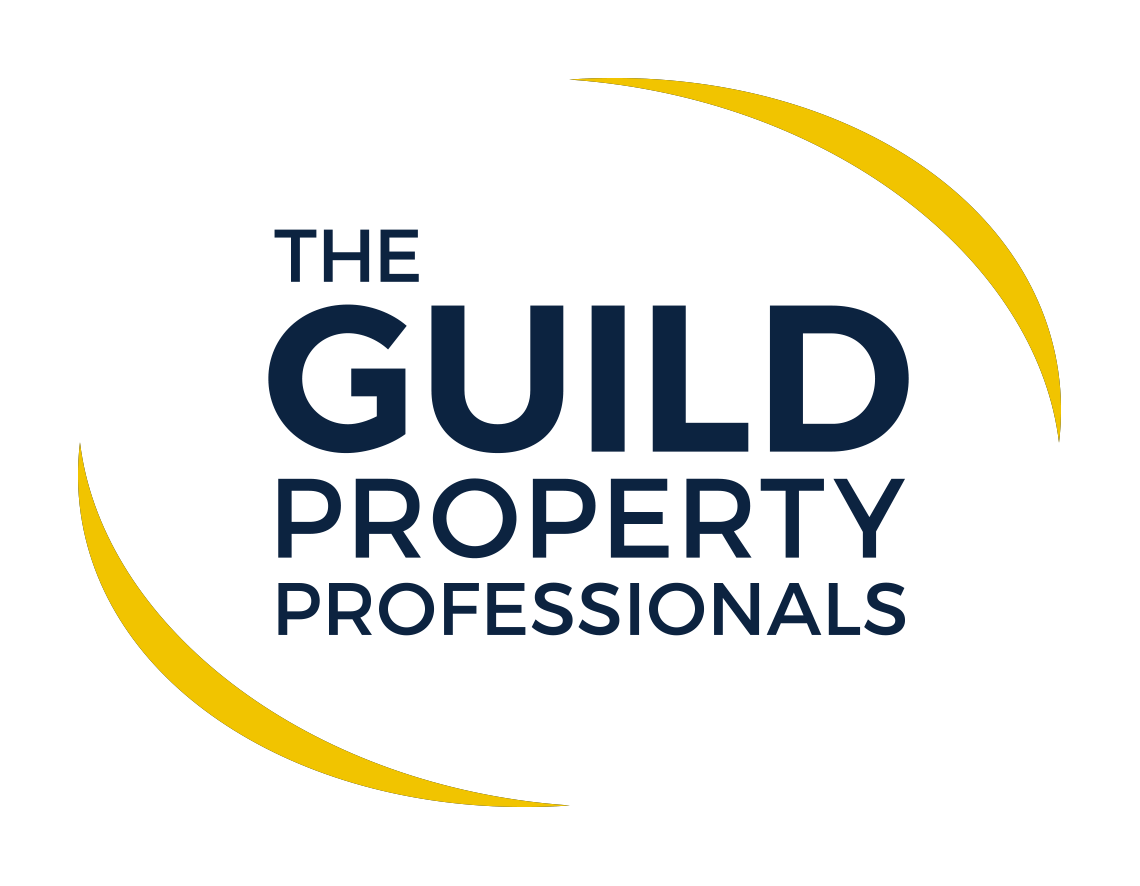While large fines to businesses by HMRC for breaching Anti-Money Laundering (AML) procedures has made the property sector acutely aware of the importance of following the guidelines, not all agents know what they need to fully demonstrate compliance. This is according to Paul Offley, Compliance Officer at The Guild of Property Professionals, who says that most agents will have a robust AML process in place, however, there could be a few areas that may require improvement or that could be falling through potential gaps.
Offley adds that he has put together an AML checklist that should assist agents to identify any ‘gaps’ within their office or business:
For Business owners:
1: Have you checked your HMRC Government Gateway account to ensure your business is showing a ‘supervised’ AML status?
2: Do you have an AML risk assessment for your business?
3: Do you have you an AML policy in place which has been reviewed in the last 12 months and able to demonstrate that all members of the team have received a copy of this?
4: Can you demonstrate training for all directors/business owners, even for those who may not be actively involved?
5: Can you demonstrate training for all staff? This should be done on an annual basis at a minimum.
General AML
6: Are you able to demonstrate either legal or beneficial ownership for each seller?
7: Have you a completed risk assessment for each seller and buyer?
8: Can you evidence financial sanctions check for each seller and buyer?
9: Can you evidence politically exposed person (PEP) checks for sellers and buyers?
10: Have you got ID verification based on risk assessments for all sellers and buyers?
11: Can you demonstrate the source of funding being used by buyers?
12: Have you identified any ‘high risk’ country connection from sellers and buyers?
13: Can you demonstrate ongoing AML monitoring until business transaction ends?
14: Do you have an effective control testing program in place?
15: Could each member of the team give you three examples of a suspicious activity?
“The 15 questions above will help agents to identity potential areas of their AML procedure that requires attention so that they can possibly make changes and work on a plan on how to fill the gaps. Being able to demonstrate the correct AML procedures in the event of an unexpected visit from HMRC is crucial and something that every estate agency should be prepared for to protect their business,” says Offley. “The key is for all agents to familiarise themselves with the procedures and requirements as much as they can and implement processes that will make AML compliance as easy as possible. It is essential for Money Laundering Officers within the business to be able to demonstrate that they can discharge their duties.”
In conclusion, Offley says that The Guild offers its Members a review which focuses entirely on the office’s AML procedure, with the sole objective to ensure that the business is fully compliant with the Money Laundering Regulations. If necessary, the review includes a rewrite of the agent’s Money Laundering Policy to ensure that they fall in line with the current regulations. It also includes briefing all office staff to ensure they understand and are following the correct procedures, as well as a check on all systems to ensure they are up to standard and meet regulations. The processes and controls are tested thoroughly to ensure they effective and meet the required standards.

